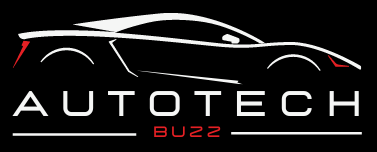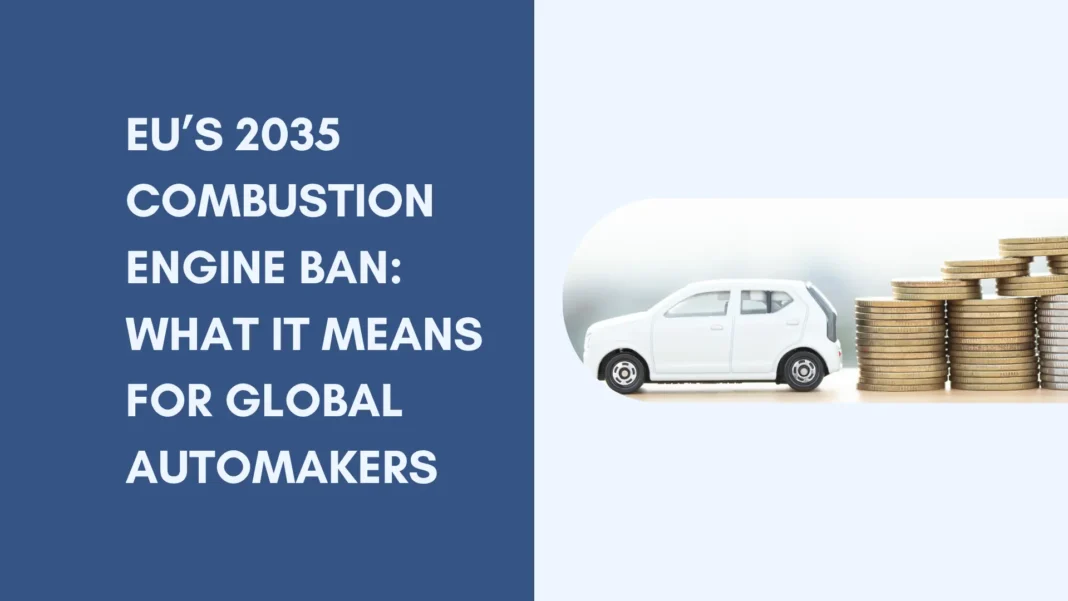The European Union has officially set the stage for a historic shift in the automotive industry by confirming its ban on the sale of new combustion engine cars starting in 2035. This regulation, designed to accelerate the transition toward carbon neutrality, will reshape not only Europe’s automotive market but also the global industry.
Why This Matters Globally
While the ban directly affects automakers selling in the EU, its impact will be international:
- Global Manufacturers: Brands like Volkswagen, BMW, Toyota, and Ford must align their strategies with Europe’s new rules, influencing their global EV investments.
- Supply Chains: Battery production, semiconductor sourcing, and raw material demand will surge as automakers push EV rollouts worldwide.
- Emerging Markets: Countries outside the EU may face pressure to accelerate EV policies to stay competitive and attractive for investment.
Automakers Respond
- Volkswagen has already pledged to phase out combustion models in Europe before 2035, focusing heavily on EV innovation.
- BMW and Mercedes-Benz are increasing their investment in EV technology but lobbying for flexibility in hybrid models.
- Toyota, long a hybrid leader, is expanding its EV roadmap to keep pace.
Challenges Ahead
- Charging Infrastructure: A massive scale-up is required across Europe to handle EV demand.
- Cost Concerns: EV affordability remains a challenge, particularly for mass-market adoption.
- Technological Race: Automakers must invest in solid-state batteries, AI-driven mobility, and software-defined vehicles to remain competitive.
What This Means for Consumers
For buyers, the shift will bring:
- More EV model variety and competition (lowering prices over time).
- Stricter emission standards and likely higher taxes on traditional combustion vehicles.
- Faster innovation in connected car technology and remote updates.

